Techniques
Understand your company work flow
When working with partners who may for a long period of time worked with Electronic Data Interchange (EDI), there is likely to be a requirement for communication through an EDIFACT standard, such as EDIFACT D96A.
Blue Integrator – integrate Edifact standards
The most common uses are edi-invoices and edi-orders, but there are also other frequent messages. These may include delivery notification, article lists / price lists / quotes and order confirmation.
EDI formats
When new integrations are being set up, EDIFACT standards have often catered to more modern EDI formats based on xml, for example Univseral Business Language (UBL), or the newest Swebase variant. If you’re thinking about using EDI, it’s important to make sure that you use a product that converts the internal formats into real EDI formats. If you let someone “encode” the message, the likelihood is that you incur unnecessary administrative costs and errors in the future.
Different messages and formats
To be well-equipped for the future, it is important to ensure that you can receive different messages and formats from different customers. It is likely that one customer will use an XML schema, such as EDI funds, and another EDIFACT D96A. It’s also common for customers to mix their messages. For order and delivery reports, D96A could be used if the price list is in, for example, UBL.
Plan the integration
Integration needs to be planned – for example, it is important not to build an integration without finding a method of exporting data, whether it’s article information, order confirmation, delivery notification or invoices. Under our solution examples, you’ll find several cases where our customers managed to use a method of exporting, while avoiding customer-unique integrations. Once the information has been exported, Blue Integrator’s job is to filter and convert the information to the different customers’ formats.

